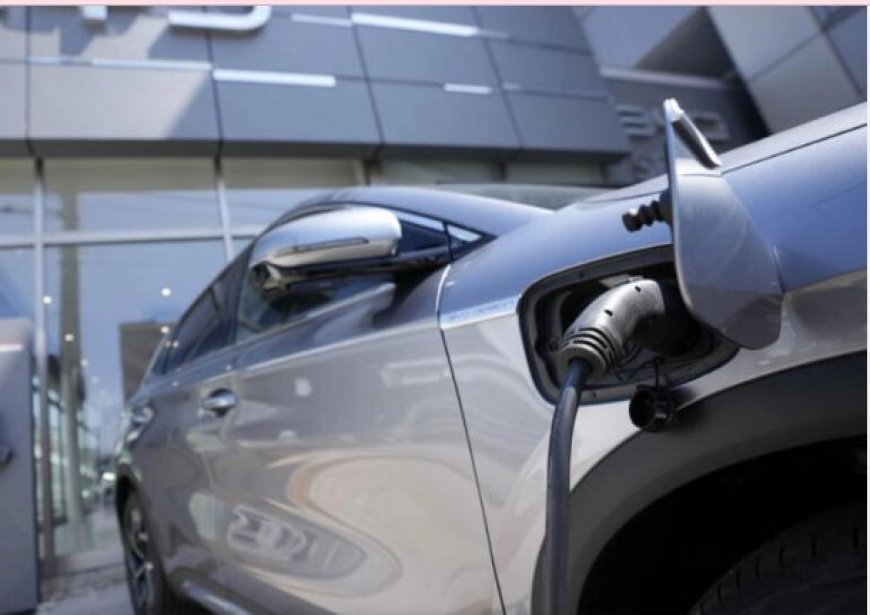EU threatens to impose new taxes on Chinese electric vehicles from July
Brussels has decided to impose additional customs taxes on Chinese electric cars. China denounces a protectionist approach, harmful, according to it, to European interests.

Accusing Beijing of illegally boosting its manufacturers on the European market thanks to prices kept artificially low, Brussels opened an anti-subsidy investigation last September. At the same time, the EU has threatened to impose surcharges of up to 25%, on top of the current 10% customs duties.
On the Chinese side, this is protectionism which goes against the principles of the market economy and the rules of international trade. A spokesperson for the Chinese Ministry of Foreign Affairs has warned that a tax on vehicles manufactured in China would be “harmful” to European interests.
But Brussels is seeking to defend its car manufacturers threatened by Chinese brands. Even manufactured in Europe, a Chinese electric car is 25% cheaper than its European competitor.
Germany, whose manufacturers are very involved in China, fought with Sweden and Hungary to avoid sanctions against Chinese manufacturers, fearing reprisals. France and Spain, on the contrary, pushed for targeted and proportionate measures.
Provisional tax rates
Vehicles manufactured in Chinese factories were until now taxed at 10% in the EU. Brussels plans to add countervailing duties of 17.4% for the Chinese manufacturer BYD, 20% for Geely and 38.1% for SAIC, after almost nine months of investigation. For other manufacturers, an average duty of 21% should apply. Its amount will differ depending on the levels of public subsidies received.
These provisional prices were communicated to the various companies concerned and to the Chinese authorities to “study ways of resolving the problems identified”, explained the Commission in a press release. “If discussions with the Chinese authorities did not result in an effective solution, these provisional countervailing duties would be introduced from July 4” but they “would only be collected if definitive duties were imposed,” she said. . .
However, according to a recent study by the Kiel Institute, European consumers would be the first to be penalized. The new measure will make Chinese cars more expensive. China could reduce its export volumes and it is not certain that European manufacturers will respond to this gap.
 Kinyarwanda
Kinyarwanda
 English
English






























